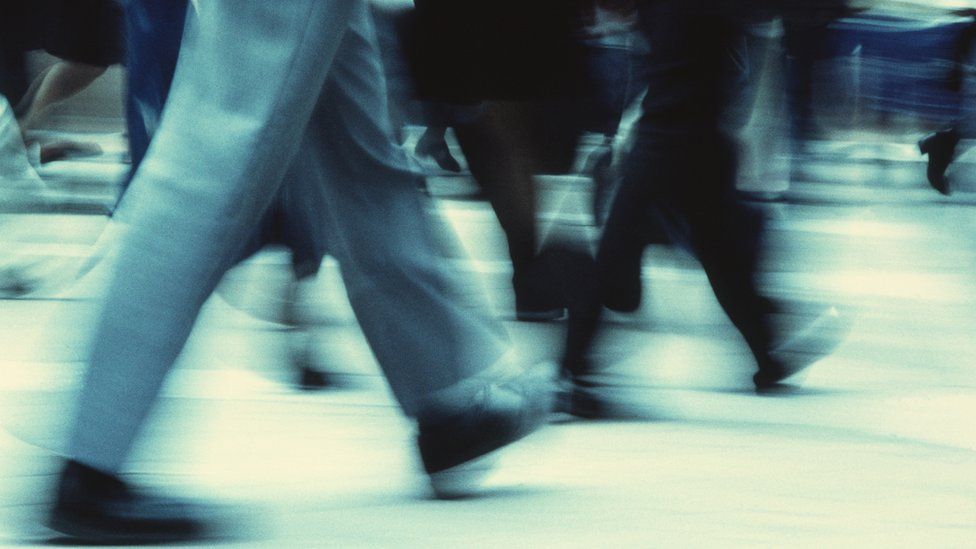Test to diagnose 'face blindness'
- Published

Scientists have come up with a questionnaire they say should help diagnose a condition called face blindness.
Prosopagnosia, as doctors call it, affects around two in every 100 people in the UK and is the inability to recognise people by their faces alone.
In its most extreme form, people cannot even recognise their family or friends.
Milder forms, while still distressing, can be tricky to diagnose, which is why tests are needed.
People with prosopagnosia often use non-facial cues to recognise others, such as their hairstyle, clothes, voice, or distinctive features.
Some may be unaware they have the condition, instead believing they have a "bad memory for faces". But prosopagnosia is entirely unrelated to intelligence or broader memory ability.
One [anonymous] person with prosopagnosia explains: "My biggest problem is seeing the difference between ordinary-looking people, especially faces with few specific traits.
"I work at a hospital with an awful lot of employees and I often introduce myself to colleagues with whom I have worked several times before. I also often have problems recognising my next-door neighbour, even though we have been neighbours for eight years now. She often changes clothes, hairstyle and hair colour. When I strive to recognise people, I try to use technical clues like clothing, hairstyle, scars, glasses, their dialect and so on."
Doctors can use computer-based tests to see if people can spot famous faces and memorise and recognise a set of unfamiliar faces.
And now Drs Richard Cook, Punit Shah and City University London and Kings College London have come up with a 20-item questionnaire to help measure the severity of someone's face blindness.
Each question is scored out of five, giving a total score of up to 100, but the abridged version below, created with the help of Dr Shah, gives a score out of 50.
Take the test
The test is a guide and cannot tell you definitively whether you have face blindness or not.
If you think you have face blindness and would like to be involved in Prof Shah's Medical Research Council-funded work, you can get in touch via the Trouble with Faces website.
- Published26 August 2015